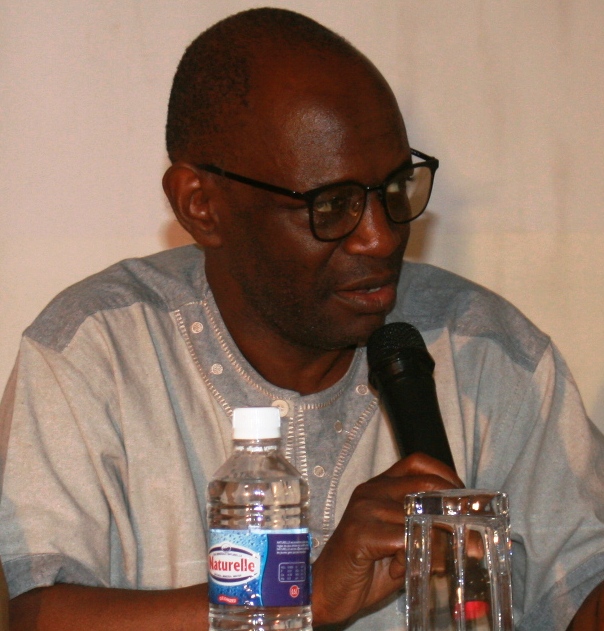By Landing Colley
The national disaster management agency on Wednesday established a national response strategy committee on food insecurity in order to defeat the global corona virus pandemic.
The committee was established in response to national covid-19 effect and food insecurity.
Speaking at the launched on behalf of United Nations resident coordinator, Narissa Seegulam, said: “Safeguarding the lives of the people especially the poorest and most vulnerable is the immediate priority of the Government and the United Nations given that almost half of The Gambia’s 2 million populations (48.6%) are living below the poverty line.”
She added that a large number of the population are still vulnerable to be shocks with such a crisis like COVID-19 which will move most of the vulnerable populations back into poverty while increasing vulnerability for others.
The novel corona virus therefore draws undivided attention to the possibility of shortage of food among other pressing economic, social and environmental concerns, she said.
According to her The UN system has taken all action to help create conditions for the delivery of resources to bring hope to places that are among the most vulnerable to the COVID-19 pandemic.
“In this regard, the UN team in The Gambia is working to support the Government’s preparedness plan, by establishing a response plan and structure that is aligned with the National COVID-19 response plan, which will be reviewed regularly in response to evolving priorities,” she added.
She further said that United Nations System has a significant role to play in this current crisis (COVID-19) in terms of coordination to ensure synergy, resource mobilization and technical support.
She noted that with regard to food and nutrition security, food supply chain is a complex web that involves producers, consumers, agricultural inputs (including forestry and fisheries in this context), labor, processing and storage, transportation, marketing and trade amongst other.
“Policy makers must monitor trends and take care to avoid accidentally tightening food-supply conditions. Digital technologies have a role to play in anticipating problems and smoothing temporary shortages as well as building the resilience of food chains to avoid similar occurrences in the future, she stated.




